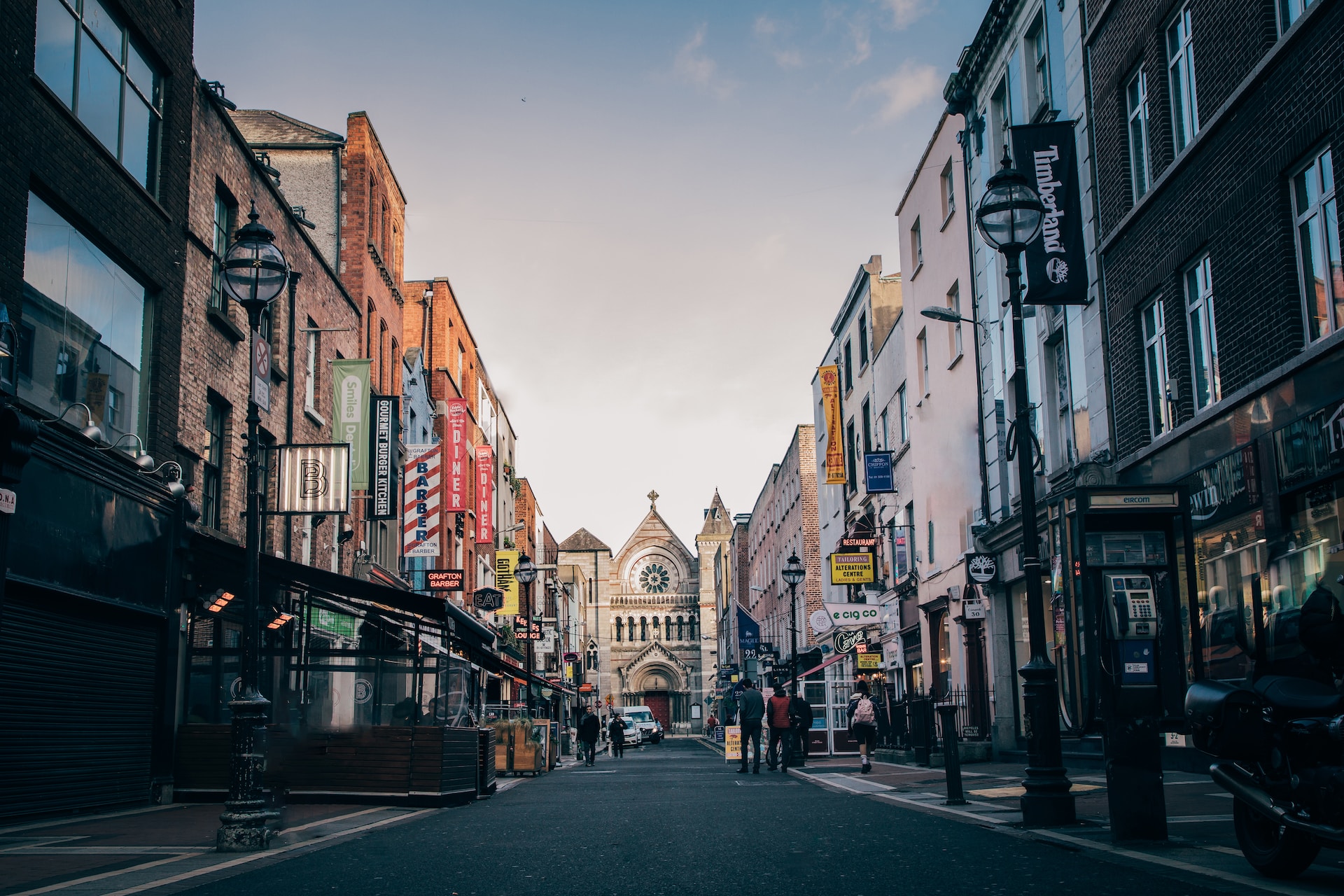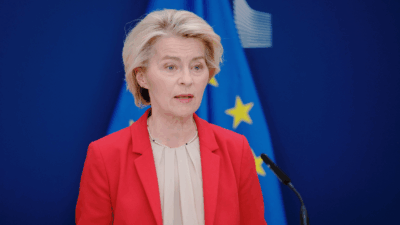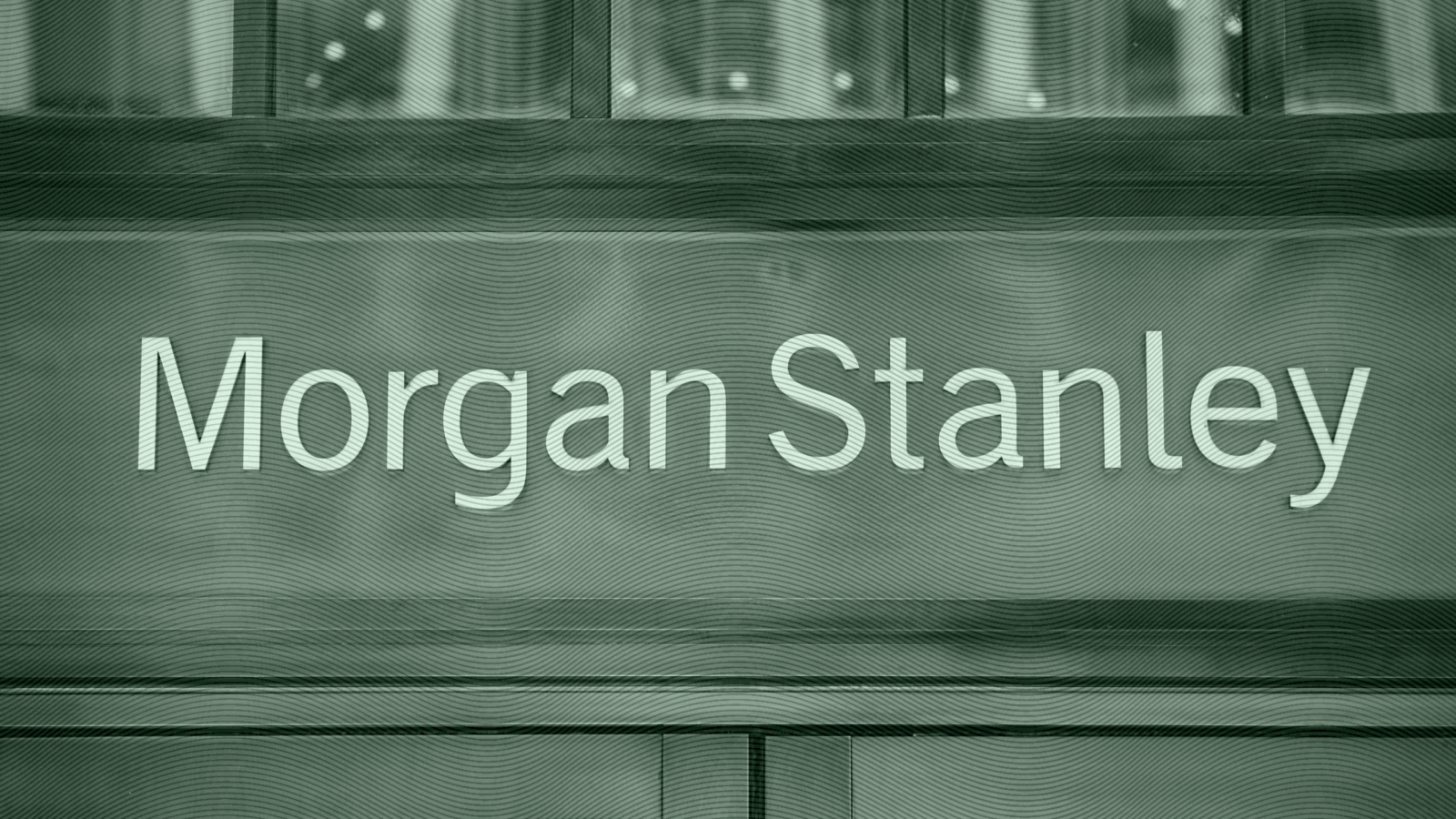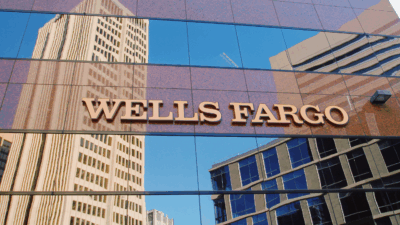
Sign up for smart news, insights, and analysis on the biggest financial stories of the day.
If Ireland and Luxembourg want to shine a brighter light on shadow banks, they’re going to need a lot more voltage.
The two European countries are calling for stricter global regulations of a sector that now manages roughly half the world’s financial assets, the Financial Times reported last weekend.
Going to the Dark Side
The past decade has seen a rapid expansion in the shadow banking system — essentially banking activities by just about anything that isn’t really a bank: hedge funds, private equity groups, mortgage lenders, and even well-known investment firms like Goldman Sachs and Morgan Stanley. The rationale behind them seemed plausible: to provide alternative sources of funding to corporate borrowers who wouldn’t need to rely on a limited lender base.
And they’re called shadow banks for a reason: they’re largely free from bank regulations and safeguards. And as we saw last fall in the FTX crypto breakdown, blurry financial lines among alternative lenders are exposed in a hurry when these funds rapidly grow their financial assets, take on too much leverage, and interest rates start jumping higher. Ireland and Luxembourg had their own bitter taste of this last fall when the Bank of England was forced to intervene with a bond-buying program to counteract rapid selling by funds residing in those two countries.
While countries can make their own shadow banking rules, regulators in Ireland and Luxembourg — where the sector manages roughly $10 trillion in assets — are calling for global standards:
- Vasileios Madouross of the Central Bank of Ireland told the FT that Dublin will call for an “overarching, comprehensive” framework. Marco Zwick of Luxembourg’s Commission de Surveillance du Secteur Financier added, “We have seen that an international crisis cannot be responded to by national initiatives alone; it needs a global response.” Even with the Bank of England and the European Central Bank echoing the same message, the process for universal shadow bank regulation has been slow going
- In 2015, the Financial Stability Board, an international body that monitors the global financial system, recommended to the G20 that the major economies of the world “plug data gaps, remove hurdles to cross-border data sharing, and involve all relevant domestic authorities in assessing shadow banking risks,” according to Reuters.
Come into the Light: In the US, newly proposed transparency rules are already facing backlash. Last week, regulators proposed new rules that would expand the amount of information companies need to provide when proposing a merger under the Hart-Scott-Rodino antitrust filing system. Antitrust experts told the FT that the new changes seem to specifically target private equity groups, although they’re not named, which could lead to more deals getting blocked. Antitrust lawyers may not like the additional workload that’s sure to come, but more billable hours should help ease the pain.











